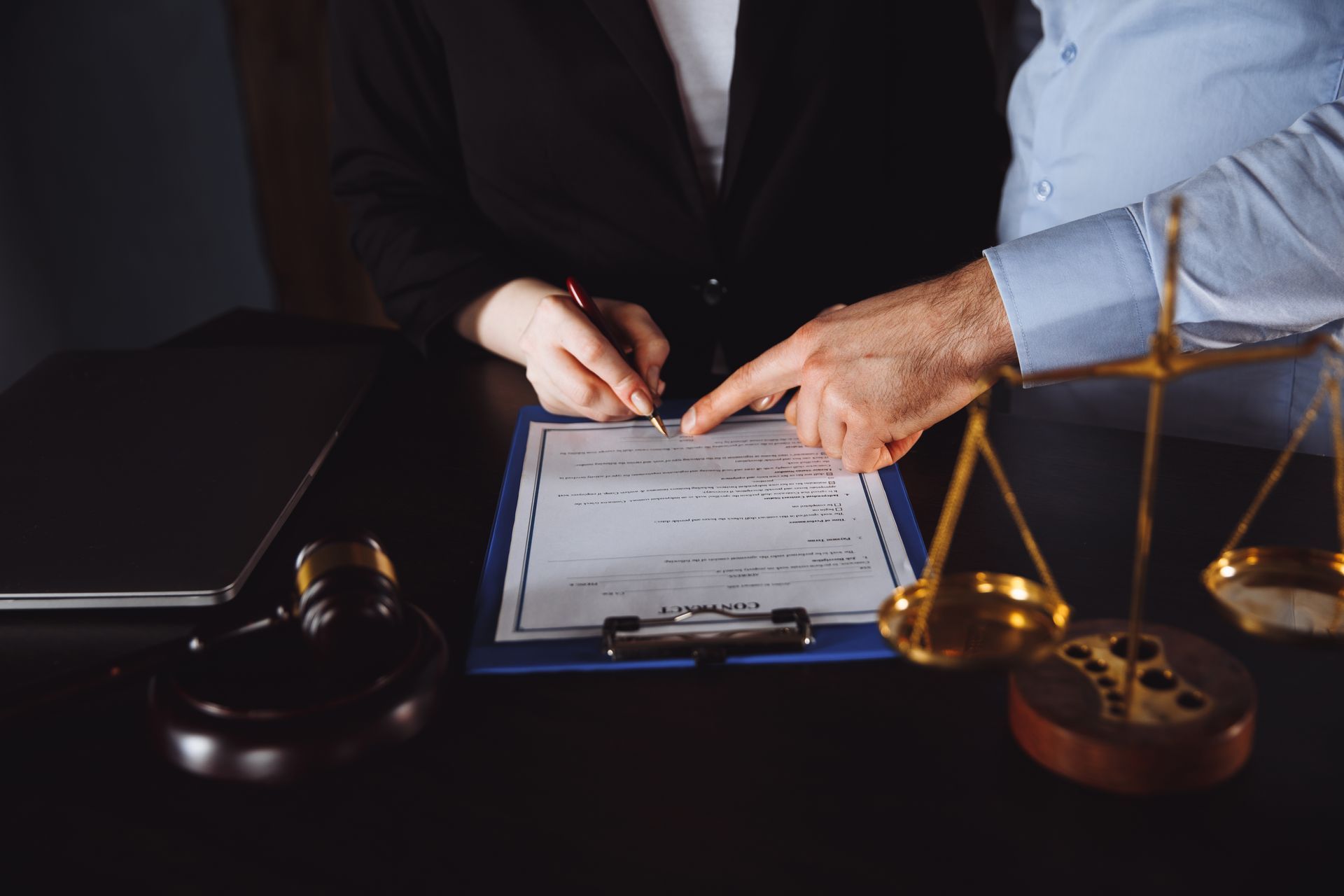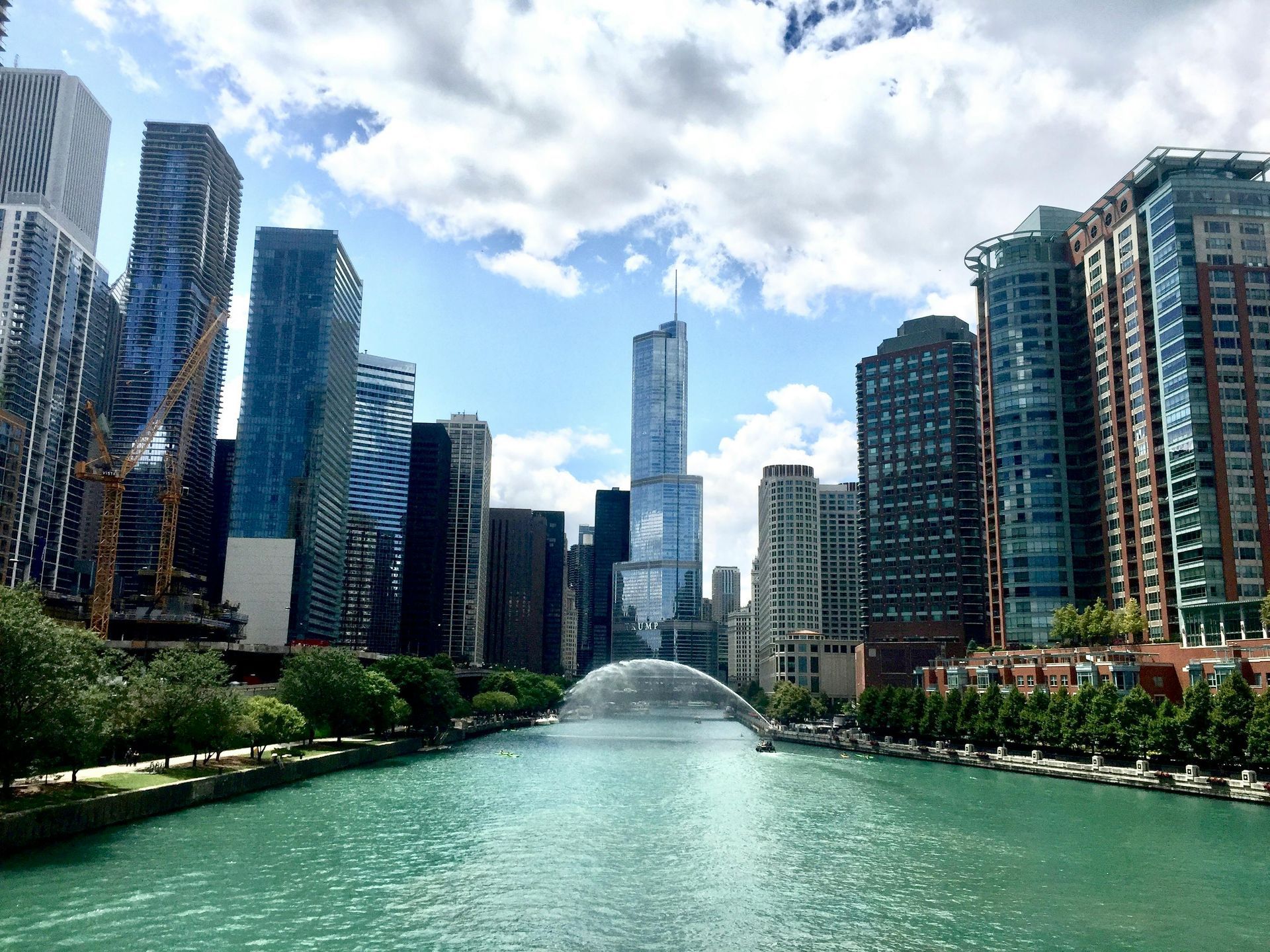Understanding Probate: A Timeline and Guide for Chicago Families
Understanding Probate: A Timeline and Guide for Chicago Families
Probate can be a daunting process, especially at a time when those involved with it are coping with the loss of a loved one. For Chicago families grappling with the intricacies of probate law, understanding the timeline and the steps involved is essential to navigating this often-difficult territory.
At Grant Park Legal Advisors LLC, it's our mission to demystify probate for our clients. We aim to guide you through what can be a complex and lengthy undertaking, providing clarity on the timeline and sharing insights to help you manage this aspect of the legal system. In this comprehensive guide, we'll explore the finer points of probate in Chicago and address the commonly asked question: "How long does probate take?"
Demystifying Probate: What is it and Why Does it Matter?
Before we dig into the temporal nuances of probate, it's essential to grasp the fundamentals. Probate is the legal process that takes place after someone passes away. It involves proving the decedent's will (if there is one), identifying and inventorying the deceased person's property, having that property appraised, paying debts and taxes, and distributing the remaining property as the will (or state law, if there's no will) directs.
The probate process is critical for several reasons:
- Protecting the deceased's assets.
- Providing a mechanism to pay off debts and taxes.
- Ensuring the just distribution of property.
- Providing the opportunity to challenge the validity of the will or its terms.
By understanding these objectives, you can appreciate why the probate process is not only lengthy but also deeply significant for all involved parties.
Probate Timeline: Key Milestones and Steps
The probate process is not quick; it generally takes several months to a year, or even longer, depending on the complexity of the estate and any disputes that arise. Here is an overview of the timeline and its key milestones:
Initial Filings and Executor Appointment
The process begins with the filing of the deceased's will, if one exists, and a petition with the probate court to initiate the probate process. The court will then review the will and appoint an executor or personal representative.
Notice to Creditors and Inventory of the Estate
Once appointed, the executor must notify all creditors and interested parties of the death and the probate proceedings. They will then create an inventory of the deceased person's assets and have them appraised.
Payment of Claims and Distribution
Next, the executor will pay off any valid debts and taxes. After these obligations are met, the remaining property can be distributed to the heirs or beneficiaries according to the will's instructions, or state law if there's no will.
Closing the Estate
The final step is to petition the court to close the estate. This involves providing a final accounting of the estate's assets and how they were distributed. Once the court approves the accounting and any objections are resolved, the estate can be closed.
Factors Influencing Probate Duration
Certain factors can significantly impact the length of the probate process:
- The type and complexity of the estate.
- The number of creditors and the complexity of their claims.
- The existence of a will and its validity.
- The presence of strong family disagreements.
- The local probate court's caseload and efficiency.
Understanding these variables is critical in managing your timeline expectations and preparing for what lies ahead.
Strategies to Expedite Probate
While the probate timeline is not within your direct control, several strategies can help expedite the process:
- Ensure the decedent has an updated and valid will.
- Collaborate closely with a skilled probate lawyer who understands the local court system.
- Keep detailed records and documentation to support asset valuations and claims of the estate.
- Minimize disputes among beneficiaries and heirs.
- Regularly communicate and be responsive to the probate court and all parties involved.
- Consider alternatives to the full probate process, such as small estate procedures or probate avoidance mechanisms.
By approaching probate with a methodical strategy, you can help minimize delays and move through the process as efficiently as possible.
Common Misconceptions About Probate Timelines
There are a few misconceptions that often cause unnecessary anxiety or missteps during probate:
- Probate will take a few weeks: This is rarely the case. Unless the estate qualifies for simplified probate or there are outright distributions according to the will with no disputes or debts, probate typically takes a significantly longer time.
- Probate must last for years: While some probate cases are indeed quite long, many can be resolved in a shorter time frame through diligent planning and a focused approach to the process.
- There's no way to predict how long probate will take: While individual timelines can vary, understanding the process and working with experienced legal counsel can provide a rough estimate of how long the probate process may take for a particular case.
The Role of Legal Counsel in Navigating Probate
Legal counsel plays a pivotal role in navigating the complexities of probate in a timely manner. An experienced probate attorney can offer the following benefits:
- Provides expert guidance on the probate process and local court procedures.
- Can support the executor through each step, from preparing filings to responding to court requests.
- Offers strategies to avoid common pitfalls and unnecessary causes for delay.
- Helps to negotiate and resolve disputes.
- Acts as a liaison, maintaining communication with the probate court and all involved parties to keep the process moving forward.
Conclusion: Managing Expectations and Preparing Strategically
Understanding the probate process and its timeline is the first step in preparing for the road ahead. By setting realistic expectations, using the right strategies, and obtaining expert legal advice, you can ensure that the probate process serves its intended purpose while minimizing unnecessary delays.
While the question "how long does probate take?" may not have a definitive answer, a proactive and informed approach will certainly lead to a more predictable and manageable experience for everyone involved.
If you're in the Chicago area and seeking support with the probate process, Grant Park Legal Advisors LLC stands ready to assist you. Our team of probate attorneys is dedicated to helping families like yours find their way through legal complexities with empathy, precision, and efficiency. We are just a phone call away from helping you to begin the process.











